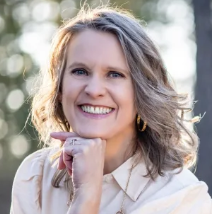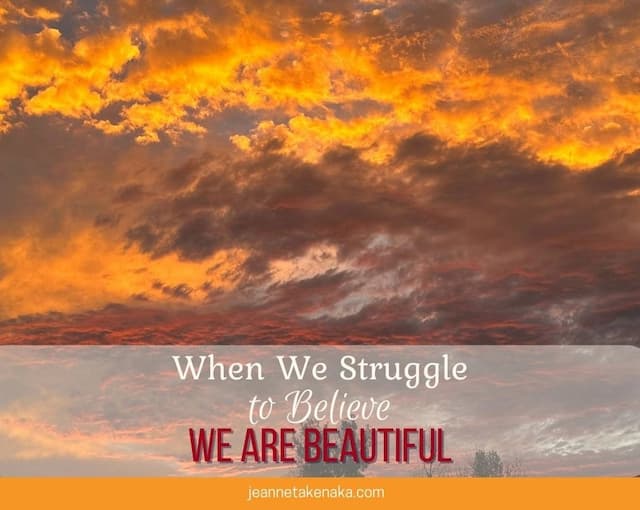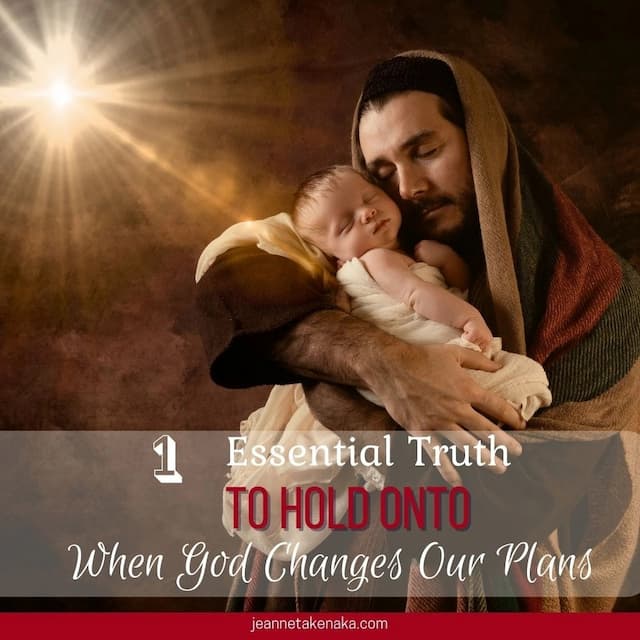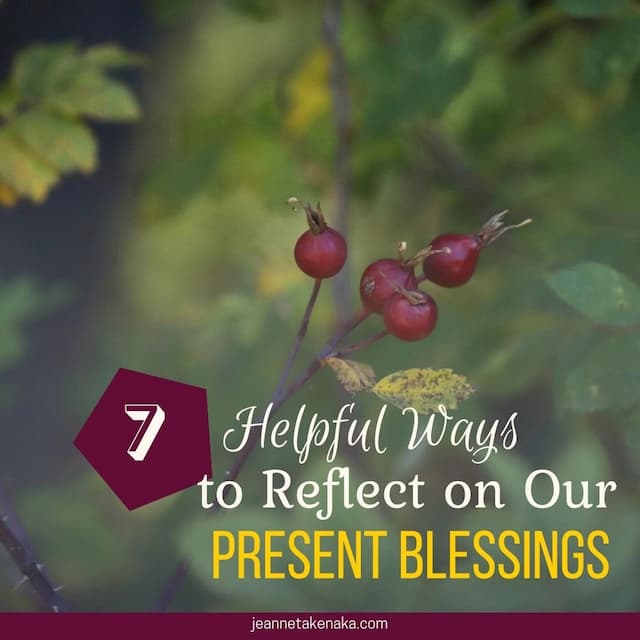How to Define Our Personal Values and Why It's so Important - Jeanne Takenaka
Contents
Why should we define our personal values?
I used to be a “Yes girl.” If someone asked me to do something, that three-letter word slipped from my lips in a nanosecond. If I could help someone, I said yes. If I might gain attention (read–being seen rather than invisible), I said yes. If the ask might temporarily fill that craving for acceptance and being seen that was deep inside me? I said yes.
Why do I share this? Because “Y-E-S” slipped out of my mouth many times when I should have said, “No.” Or “I’ll get back to you on that.”
My penchant for people-pleasing in my younger years drove my answers to requests. And almost always, those “yeses” required sacrifices in other areas of my life.
When we say yes to one thing, we must say no to something else. The drive to help others, to satisfy some of our own longings, and to accomplish things on our own timetables encourages us to say yes.
Has anyone else said yes when they knew in their hearts they should have said no?
Sometimes, we’re pressured into the yes.
Other times, we’re trying to fill a hole only God was meant to satisfy.
We also have times when we really do want to say yes, but we must say no.

How do we navigate our yeses and nos?
Knowing our personal values guides us in this. When we understand what we value, knowing how to answer a request becomes easier. For many years, I had a vague understanding of what I valued, but I didn’t know how (and I wondered if I had the right) to live into those values.
Did I value my relationship with God? Yes.
Did I value my relationship with my husband and sons? Yes.
Did I value my friendships? Yes.
Was serving at church a value? Yes.
The result of a wrong yes
But, because of my deeper value (or need) of being accepted, my yeses sometimes got out of whack. I said yes to serving because, when I was doing that, I felt accepted by the people who asked.
Which meant I said a silent “no” to something else, like spending time with my husband. When I said “yes” to serving more than “yes” to keeping my husband as a priority in my life, my marriage took a backseat to my craving for acceptance. And this was not healthy for Hubs’ and my relationship.
How do we determine our personal values?
Determining our personal values begins with understanding how we define our identities. When we believe that God—not people—defines who we are, we are released from the pull to people please. And we can discover what our core values are.
Examples of personal core values
When we consider what God shows us is most important for us, we discover our personal values. Then we can begin to frame our lives around this.
Personal values can include:
For most of us, our relationship with our Father is one of our top (if not our top) priorities. Faith is a value. We make choices to nurture our relationship with God by spending time with Him in His word, prayer, worship, and service.
We are relational creatures, so oftentimes, relationships are a value. For me, my husband is my most important relationship. So, I seek to keep time with him and his needs a top priority. And with our sons launching, time with them is a strong value.
Our work may be a value.
Things we are good at may be a value.
Activities we are passionate about may be a value. For me, that includes writing.
God created each of us with unique bents, talents, hearts, passions, and skills. Knowing ours helps us discern our core values.
I have a friend who says her values are: wife, worshiper, and writer. Not that we need to alliterate ours. But this friend chooses her yeses and nos according to her values.
Truths about personal values
The best way to determine our core values is to ask God for insight. Some of my values change over the years, while others stay the same. As we walk through different seasons, some of our values may shift.
We need to check the motivations behind what we believe are our core values. If an underlying motivation has to do with a fear of rejection, of disappointing others, is based in anxiety, or of anything that even hints at pleasing people, we’d be wise to pray and ask for God’s guidance before declaring that thing a value.
When we know our core values, we will find it easier to know when to say yes or no.

Conclusion
As I laid those internal motivations before the Lord, He began to bring healing to the broken areas in my life. It was only as I did this that I began to understand what my personal values are.
Next time, we’re going to talk more about our yeses and nos and how knowing our personal values will influence our answers.
What about you? How have you defined your personal values? How do your motivations influence your yeses and nos?
***I’m actually traveling with one of our sons today, so I will probably be a little slow in responding and visiting. Thanks for your understanding! 🙂
Next week, we’ll be back at Donna’s place!
Each week we gather here as storytellers, word weavers, and encouragers to make His name known. Our story is God’s story and this small corner of the blogging world, where we come together each Tuesday, needs you. This is a place where poetry, snapshots, prayers, and stories find a safe spot to nod in agreement that what we have to say matters. I am glad you are here and would love to have you join the #TellHisStory community. Add your own encouraging post through the link below. Spread some love by visiting your neighbor and leaving your own encouragement. Click here to read more about the #TellHisStory community and find a button to add to your site.
Each week we gather here as storytellers, word weavers, and encouragers to make His name known. Our story is God’s story and this small corner of the blogging world, where we come together each Tuesday, needs you. This is a place where poetry, snapshots, prayers, and stories find a safe spot to nod in agreement that what we have to say matters. I am glad you are here and would love to have you join the #TellHisStory community. Add your own encouraging post through the link below. Spread some love by visiting your neighbor and leaving your own encouragement. Click here to read more about the #TellHisStory community and find a button to add to your site.













